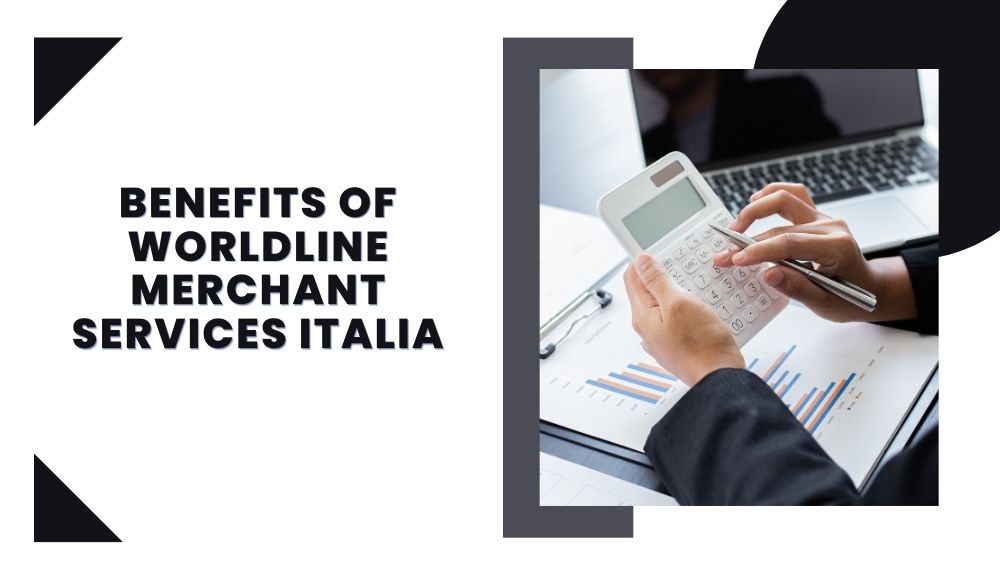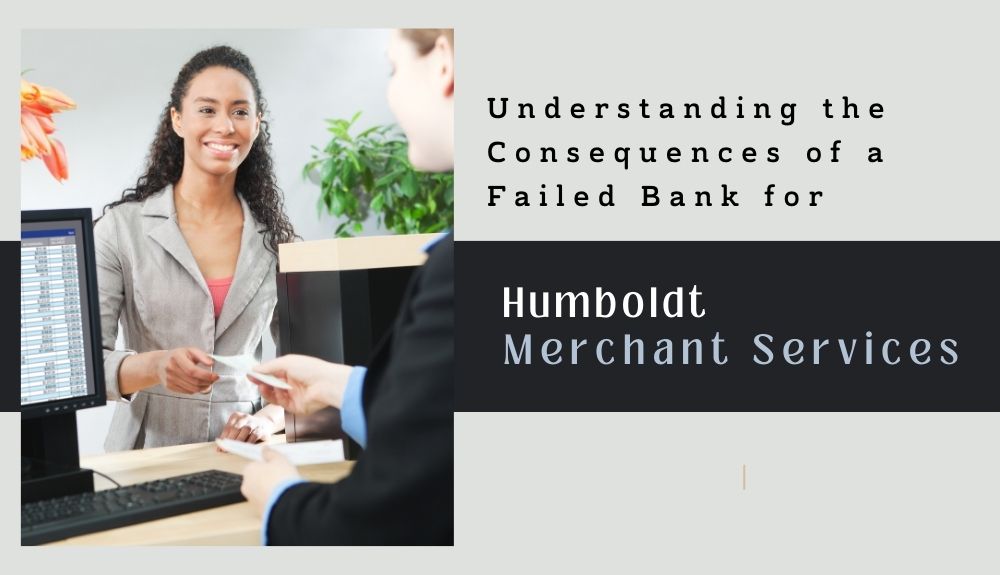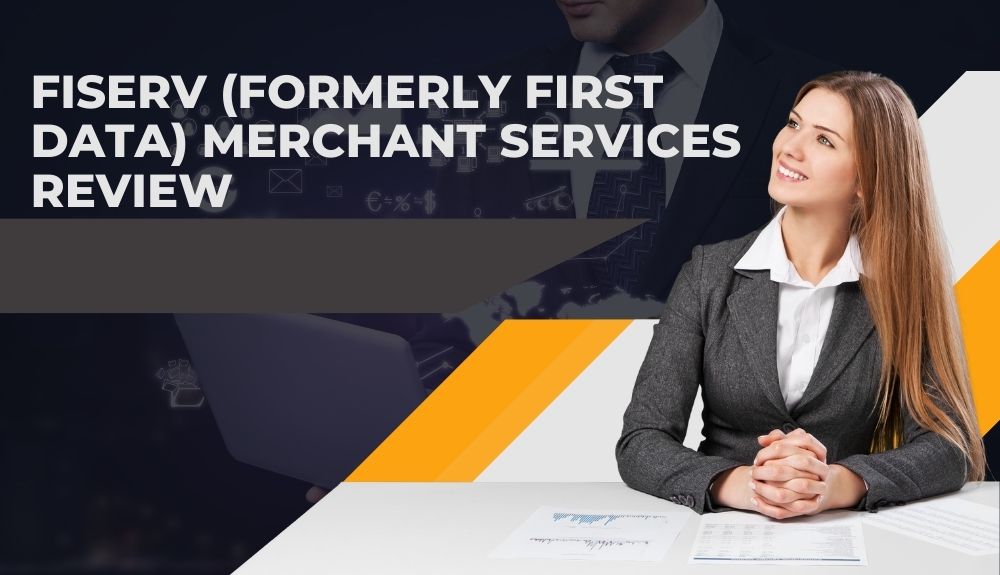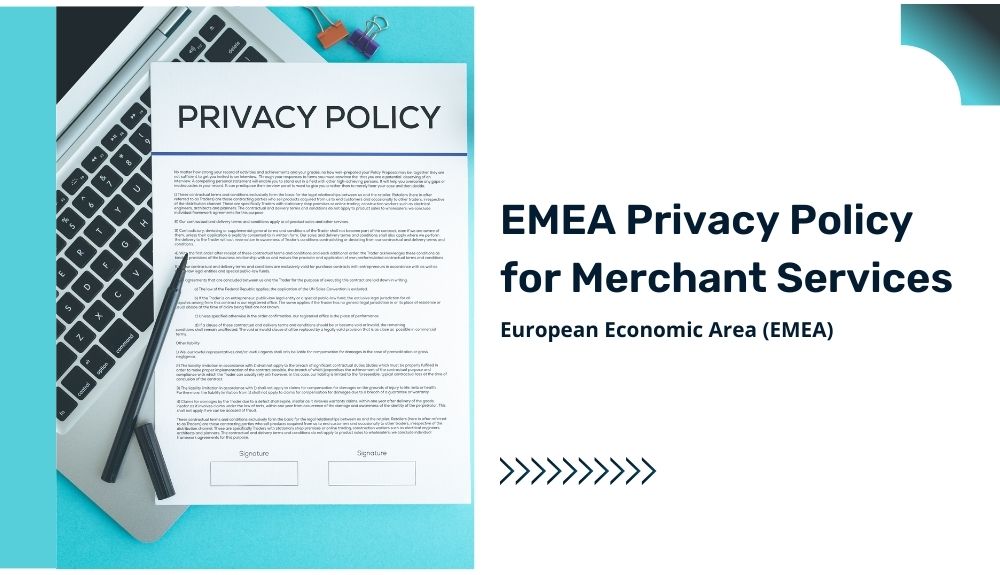Agent vs. ISO in Merchant Services: Comparison and Differences
In this field, the terms “sales agents,” “Member Service Providers,” and “Independent Sales Organizations” are frequently used interchangeably. Many people consider them as same. But they are different. So here are the comparison and differences between Agent vs. ISO in merchant services.
There are several options available to you as a business owner in terms of accepting payment. You can accept credit cards in a variety of methods, but it’s important to know which kind of service is right for your company.
Your payment processor must be able to accommodate the particular needs that your small business has to be a true partner as it expands. Making the right decision begins with understanding the many categories of merchant service providers.
As mentioned earlier there are multiple terms like sales agents, MSP, ISO etc used in this field. These terms apply to various positions within the payment processing industry. Don’t worry if this is confusing to you; in this essay, all of these terminologies and their connections to credit card companies will be clarified. We’ll also discuss how you could go to train as a sales agent or an ISO.
Comparison and Differences – Agent vs. ISO in Merchant Services
What Does an ISO Mean for a Merchant Service?
In the payments sector, ISOs more closely resemble shops (especially when working with the Visa card network). ISOs offer a variety of payment-related services, including customer assistance, sales training, merchant solicitation, and equipment rentals, on behalf of their sponsored processor(s). The specialized nature of ISOs allows them to provide businesses who sign up with more control over how someone spends and a wider[WU1] selection of perks and bonuses.
Not every ISO is made equally. It’s crucial to collaborate with a company that has the following qualities to receive the aforementioned advantages:
- Trustworthy industry connections
- Solid technological capabilities
- Loyal team members
- Having your company’s best interests in mind
What Does an MSP Mean for Merchant Services?
An alternative to ISOs is a “member service provider” (e.g., MasterCard vs. Visa). MSPs also offer training, assistance, and a variety of benefits to the members they represent as part of their program offerings. Simply said, there aren’t many differences between an ISO and an MSP’s operations. These phrases can typically be used interchangeably.

What Do Merchant Services Sales Agents Do?
A sales agent is a third party who markets ISO and MSP services. Since merchant services businesses frequently prefer to focus on processing credit cards and providing POS solutions, they hire sales agents to locate potential clients for their businesses. A sales agent cannot operate in his or her name and must be paired with an ISO or MSP company, but he or she does not have to pay the exorbitant association fees that an ISO must.
Should You Work as a Sales Agent or an ISO? Which is superior?
You could now be wondering which direction to go with your merchant services company.

Should you choose to work as a sales agent instead of an ISO because it’s safer and less expensive? It all depends on your income. Do you have a large enough merchant base to support the outrageous costs ISOs are required to pay? If so, perhaps the hassle might be worthwhile for you. If not, you most likely continue working as a sales representative, at least while you still have some money.
You may be questioning why you would want to become an ISO since it appears to be so expensive and complicated right now. In general, you have the opportunity to earn a lot more money. Because there are fewer middlemen when you work as an ISO and are dealing directly with the processing banks (or at least with a larger ISO that is working with the banks), you get very low pricing for transaction fees.
If it comes to working as an ISO, though, not everything is peaches and cream. Sales representatives don’t concerned about the obligation or the numerous bank fees that need to be avoided. You would need to be cautious of so-called minimum processing fees, for instance. If you don’t perform a particular number of transactions, the bank will charge you these costs. Even worse, if you can’t keep up, some banks will raise these costs each year, and you’ll lose your residuals. You can even be required to pay a fine out of your wallet!
ISOs are more adaptable than banks.
While some businesses choose to work with their bank rather than a third-party company like an ISO for payment processing, banks are more expensive, less flexible, and no more secure than third-party processors.
Additionally, ISOs have a variety of acquiring banks and other payment service providers to choose from, including POS system suppliers, hardware experts, eCommerce platforms, and other financial institutions.
They can then develop offerings that are specifically focused on your demands. The advantage of an ISO is that because each institution is specialized in its field, they are all able to perform at their highest levels.
Bottom line
Now you know the comparison of agent vs. ISO. You can choose which line of work you prefer. It is best to begin working as an agent of several small or medium-sized ISOs. The best approach would be to send the merchants to each ISO for at least a year, till you identify the best ones to work. Then you can start working with one of those selected ISO.
The next logical step would be to grow your volume sufficiently so you can justify the registration fee and ask your ISO for their sponsorship program which would enable you to learn from the best in the industry. Before finalizing any sponsorship, you should negotiate best with each sponsor for the best terms. Do not forget to contact a lawyer who has expertise in this matter to carefully check and review the contract. It will help you be sure of everything in case you have any doubts.
This plan works best even if you have prior experience working with an ISO.











